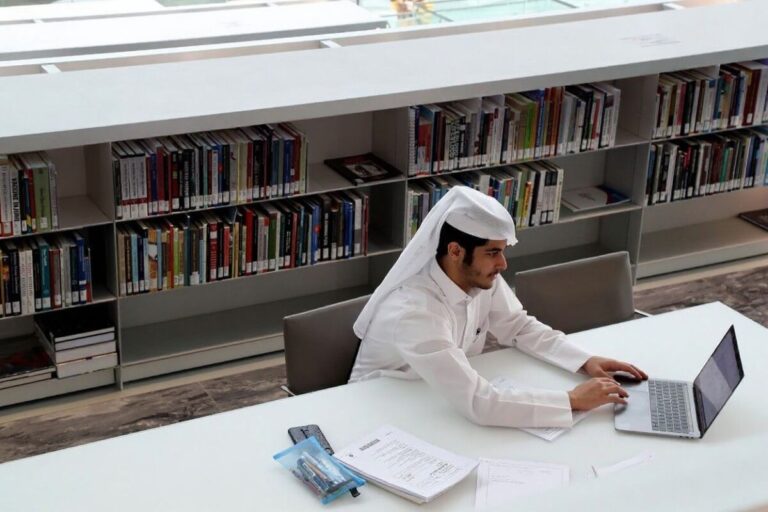
Critical thinking in online learning is perhaps more crucial than critical thinking in a physical classroom. When learning online, students come across far more complex challenges that require novel solutions – often concerning technology and information.
Critical thinking skills involve identifying flaws in people’s arguments or reasoning by weighing evidence and identifying misuse of information. These skills enable students to differentiate fake news from real reports, differentiating fact from opinion and understanding that they cannot take everything they read or hear at face value.
Despite being such as pivotal skill, many employers report students’ thinking abilities leave much to be desired, suggesting a disconnect between the skills students graduate with from university and those needed in the workplace.
EtonX aims to change this.
How to sharpen critical thinking in online learning
Ready to go with our local team @etonxonline #BettAsia Find out how EtonX is bringing live online soft skills courses to teenagers globally #edtech @besatweet pic.twitter.com/RiBJOdg29K
— Catherine Whitaker (@whitakercn) March 12, 2019
This British education technology company, a subsidiary of Eton College founded in 2015, aims to bridge the skills gap via its online Critical Thinking Course.
At last year’s Bett Asia Leadership Summit in Kuala Lumpur, Malaysia, held on March 12 and 13, EtonX noted that their seven-week course for students aged 14 – 20 years old can help learners who can’t access these types of courses during their regular school hours.
The course uses a combination of interactive learning content and weekly live online group classes to help children learn and practise their critical thinking and evaluation skills. Students will develop skills such as identifying fallacious arguments and learn to use evidence, problem solve, evaluate data and recognise alternative perspectives, as well as confirmation bias.
Additionally, students will identify poorly constructed arguments, find out how emotions and bias can influence thinking as well as evaluate online information and academic course materials.
EtonX CEO and Head of Learning Catherine Whitaker says: “The volume and accessibility of information available to teenagers today means skills like detecting bias or flawed reasoning are more important than ever.”
 Honing critical thinking in online learning begins with a simple course, but its improvement depends on practice and application. Source: Justin Sullivan/Getty Images North America/AFP
Honing critical thinking in online learning begins with a simple course, but its improvement depends on practice and application. Source: Justin Sullivan/Getty Images North America/AFP
These skills are not just key to being a responsible netizen. It’s what makes graduates more attractive to employers as they signal they are able to consider several viewpoints, weigh their pros and cons, and make a sound decision based on strong analysis.
With increased practice and relevant application, students will be well on their way to becoming more insightful employees.
EtonX notes that in a 2014 global survey of 1,000 teachers, 92 percent said critical thinking is among the key skills for achieving success in higher education, but as many as 85 percent said it was a skill young people lack.
While findings such as these are alarming, does this suggest schools are failing to teach students critical thinking?
And as we witness the unprecedented rise of online learning, could it also bridge the critical thinking gap that employers still struggle to fill?
Only time will tell.
Liked this? Then you’ll love…
International students, here’s how to do online learning right
What is critical thinking and can it be taught?







